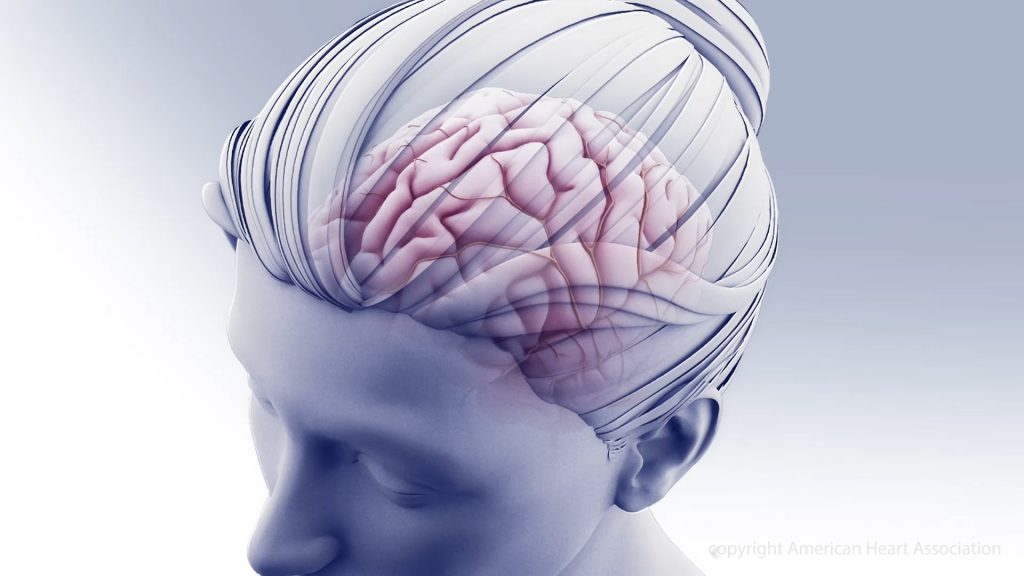Propranolol may Halve Risk of Ischaemic Stroke in Women with Migraines

Propranolol, a drug often used to treat hypertension and prevent migraines was associated with a reduction in ischaemic stroke risk among women – but not men – using the drug for migraine prevention, according to a preliminary study to be presented at the American Stroke Association’s International Stroke Conference 2025. The meeting is in Los Angeles, Feb. 5-7, 2025, and is a world premier meeting for researchers and clinicians dedicated to the science of stroke and brain health.
The beta blocker propranolol had a stronger protective effect for ischaemic stroke risk in women with migraine, particularly those without aura. The medication did not have the same protective effect on men.
Migraine headaches are common in the general population, but they occur three times more often in women than in men. This debilitating condition is associated with an increased risk of stroke. While the beta blocker propranolol can be used to prevent migraines, its effectiveness in reducing overall stroke risk is still uncertain.
“Migraine is an often-ignored risk factor for cardiovascular issues. Until recently, preventive treatments for people who have migraines were not available,” said lead study author Mulubrhan Mogos, PhD, MSc, FAHA, an assistant professor at Vanderbilt University School of Nursing. “Many women suffer from migraines, and it’s important to note that propranolol may be beneficial for these women, particularly those who experience migraine without aura. This is an important discovery for those dealing with migraines.”
Mogos also noted that migraine disproportionately affects women from historically under-resourced communities, and this disparity may impact the ability to achieve education goals or maintain stable employment, creating a vicious cycle. While new treatments have proven effective, they may not be accessible to women in these groups due to high costs.
For the study, researchers reviewed more than 3 million electronic health records from two large databases. In separate analyses, researchers identified people with migraine who developed stroke and a control group of those with migraine who did not develop stroke. They then assessed whether the individuals were treated with propranolol for migraine and whether that treatment had impacted stroke risk.
“We initially looked at overall stroke and then ischemic stroke specifically. We refined our analysis further by controlling for possible confounders and found the association is significant and stronger for ischaemic stroke,” Mogos said.
After adjusting for potential variables, such as demographics (age, sex, race), other conditions (high blood pressure, diabetes, etc) and hormonal factors (use of birth control, pregnancy – considered separately for each woman) that might affect results the analysis found:
- Propranolol was significantly associated with a reduced risk of ischaemic stroke in women with migraine, particularly in those without aura. The risk of developing a stroke was 52% lower for women taking the medication in one database analysis and 39% lower in the other. No stroke risk reduction was seen in men in either analysis group.
- The protective effect of propranolol was stronger for ischaemic stroke and in women with migraine without aura. Migraine aura can include disturbances, such as flashing lights, blind spots, zigzag patterns or seeing coloured spots. Other symptoms include tingling or numbness in the face or hands, difficulty speaking, dizziness or confusion.
- Secondary analyses showed lower overall stroke rates in women taking propranolol at multiple time points in both databases.
“Our findings indicate that women and health care professionals should discuss the advantages of preventive migraine interventions. For under-resourced individuals who bear a greater burden from this condition and may lack access to new treatments, we must ensure these treatments are available to them. This approach can help reduce health disparities,” Mogos said.
The main limitation is that this was a review of past data using electronic health records, which may introduce biases, such as misclassification errors from reliance on ICD codes (codes used to classify and report health conditions and diseases). These findings highlight the need for studies that look forward in time to confirm these results.
Source: American Heart Association






